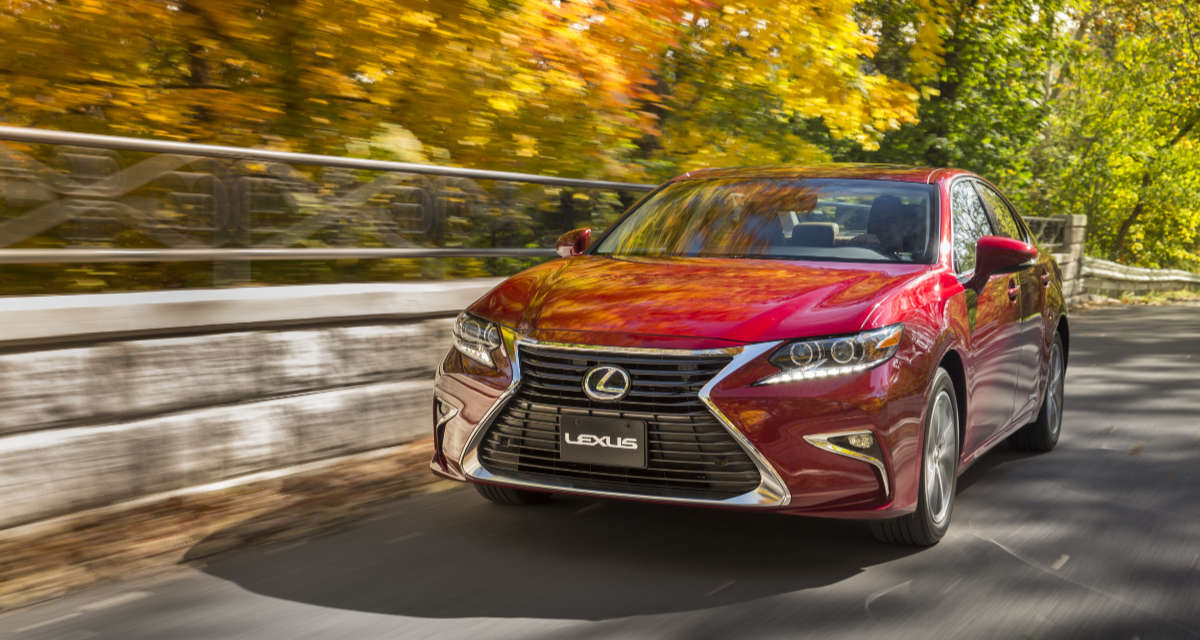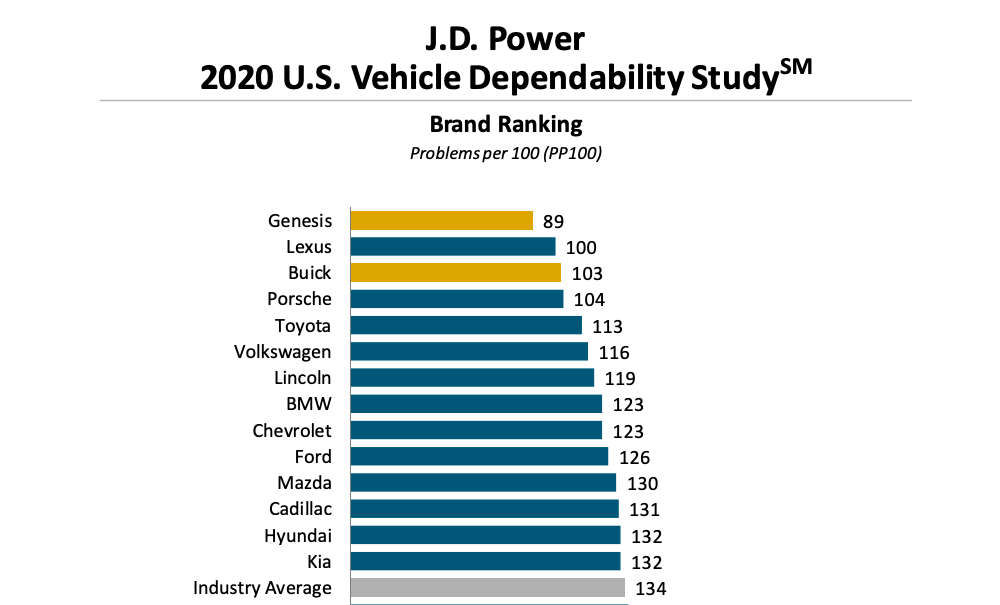My business is nothing like, or compared to TMC, but even I realize that complacency is death.
Toyota is only ~80 years old or so, and Lexus has only been around ~30 years. You can't repeatedly have a "lost decade" of innovation/product renewals for key models when you're that young of a company.
The idea that they throw up their hands, terminate/repurpose (see Mirai gen2) what's in the pipe, and go full-bore on something new (which is a good thing) without caring about the transitional time in between is insanity.
5 years is forever these days. Especially for companies and brands. You give people a 5 year gap in stuff to get excited about online, and getting those people back in a meaningful way beyond eliciting "Woah! Lexus is back!" (from people before they step into their car from another luxury brand that they don't plan on replacing for another 3 to 5 years at least) is going to be a huge challenge.
Genesis was started in Q4 2015 as it's own brand (5-10 years if you consider the first models). In ~5-10 years they have approximately matched Lexus for dependability. I say matched and not surpassed because the size of their lineup means they have less model complexity to drive down dependability. That said, this is not good for Toyota/Lexus. Buick, of all makes, is right on your tail too.
Reliability and dependability don't cut it anymore as key differentiators. Especially as we move to simpler, electric platforms.
I'm really hoping that Toyota/Lexus are going to really show what they can do during the transition to BEVs, and with the self-driving/safety technology they've invested in. That stuff should be difficult to recreate, unless/until some centralized supplier of a comparable system comes along (see ubiquity of ZF transmissions:
https://en.wikipedia.org/wiki/ZF_8HP_transmission#Applications). By then they should hopefully have refined their image to one of an innovator with the execution/dependability of a status-quo automaker.
Not the sportiest. That's fine, it's sporty enough given other things like luxury.
Not the most luxurious. That's fine too, it's luxurious enough given other things like sportiness.
Not the most tech-forward. That's understandable, it helps drive dependability and reliability.
Not the most dependable. It happens, concessions have to be made for innovation.
All of the above at the same time? That's not OK. I would say it could be a value-focused alternative to Porsche, but even then we're seeing luxury vans cracking $150k and the LCF will probably be a $250k car, not to mention the $3-4 million boat, and whatever the jet will be.
I love you TMC and Lexus. Please get yourselves together and be the company we all know you can be!
Someone tell me if my long rant posts on here are getting old.
EDIT:
Hyundai will make cheap EVs based on Canoo's subscription pods https://www.engadget.com/2020/02/12/hyundai-cheap-evs-canoo-subscription-pods-skateboard/ EV startup Canoo first gained attention back in September 2019 when it announced its plans to launch the world's first subscription-only...
lexusenthusiast.com
EV startup Canoo first gained attention back in September 2019 when it announced its plans to launch the world's first subscription-only electric vehicle. Now, it's joining forces with Hyundai to develop an all-electric, scalable EV platform, which could make for simpler and cheaper models in...

www.engadget.com
EV startup Canoo first gained attention back in September 2019 when it announced its plans to launch the world's first
subscription-only electric vehicle.
Now, it's joining forces with Hyundai to develop an all-electric, scalable EV platform, which could make for simpler and cheaper models in the future.
The partnership focuses on Canoo's (
relatively) unique skateboard design, which utilizes a pared-back approach to EV building. Each component serves multiple purposes, meaning the platform is smaller and lighter than traditional EV platforms, which means lower prices. The skateboard base is a self-contained unit that can be paired with any cabin design, although the partnership will use it for upcoming
Hyundai and Kia models.
This streamlined "mix and match" approach could be a real boon for the EV industry, especially when cost remains a big barrier to adoption. No doubt it'll also serve Hyundai's sustainability goals well, too -- the company wants eco-friendly vehicles to comprise 25 percent of its total sales by 2025. However, EVs and their infrastructure is still a largely experimental area, and there are numerous
tie-ups that haven't yet come to fruition. This partnership does, however, illustrate possibilities for the industry.


